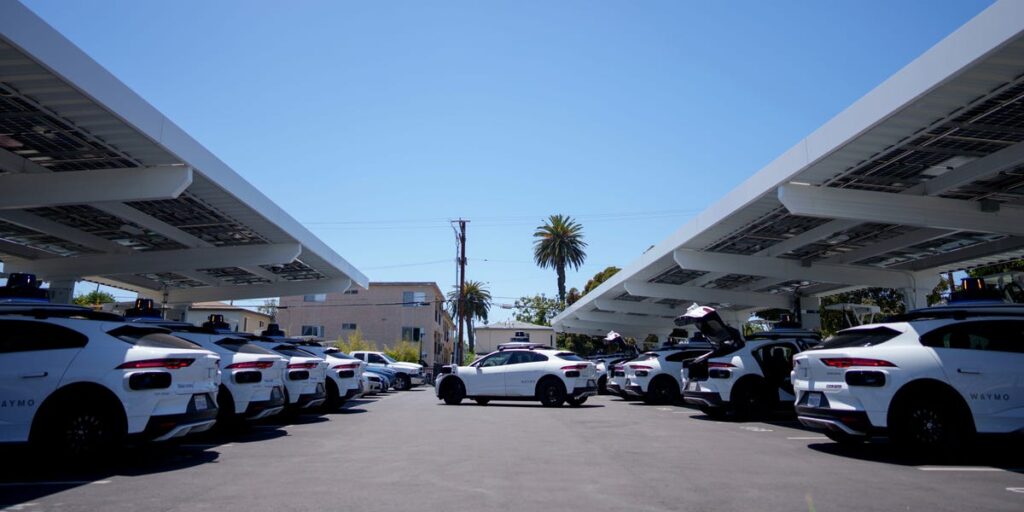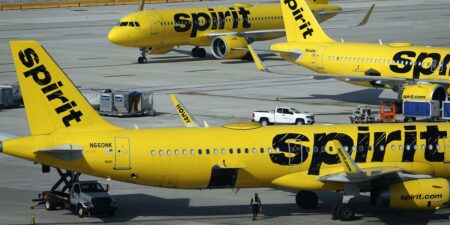Waymo wants more people in its robotaxis. Two new partnerships this week show how the company is pursuing that goal.
On Wednesday, the Alphabet spinoff announced it would bring self-driving cars to Nashville, in part by making its service available on the Lyft platform. The partnership means Waymo is now partnered with two of the biggest ride-hailing companies in North America: Uber and Lyft.
At a smaller scale, Waymo said today that it will make its existing robotaxi fleet in the Metro-Phoenix area available to Chandler Flex riders.
Chandler Flex is an on-demand microtransit program powered by Via, a New York City-based public transit software company that went public earlier this week. The program operates similarly to an Uber or Lyft but has lower fares and determines routes based on where other riders are going.
Chandler Flex’s ridership is small compared to Waymo’s monthly numbers — 120,000 rides in 3 years compared to Waymo’s more than 250,000 trips a week.
It just goes to show how a company backed by a tech titan is willing to try different avenues, small or large, to get more riders in robotaxi seats.
“The main purpose of what Waymo does today, I think, is to learn,” Brad Templeton, who was a consultant for Waymo’s Google Self-Driving Car Project phase, told Business Insider. “Up until recently, it’s been about learning what works, what doesn’t work — experimenting with pricing, experimenting with policies, and experimenting with partnerships.”
Waymo has shown it’s willing to go it alone in large markets, like Los Angeles and San Francisco, using its proprietary Waymo app. But the company has also leveraged partnerships to tap into a rider base that has had more than a decade to familiarize itself with Uber and Lyft.
Alphabet and Google are big brands, Templeton said. Waymo, less so.
“Because (Alphabet) is building the Waymo brand on its own, basically, partnering with an Uber just means ‘we can keep our vehicles full,'” Templeton said.
Waymo doesn’t disclose the terms of its partnerships, including how much revenue it gets from rides, but Templeton said the robotaxi company could have significant sway considering Alphabet’s size.
The company is 14 times larger than Lyft and Uber combined by market cap.
Waymo’s partnership with Via and Chandler Flex is less about attracting more users than about exploring different use cases for autonomous vehicles.
A Waymo spokesperson told Business Insider the company is “excited about the long-term potential for Waymo to help improve access to shared, electric transportation through Via’s platform.”
“Ultimately, this partnership was created to help fill gaps in transportation and create even greater access to affordable microtransit in a community we already operate in,” the spokesperson said.
Templeton, however, still sees the move as an early glimpse into a future where autonomous vehicles could replace some of the costly aspects of maintaining a public transit system, including the fuel for buses and the drivers.
“Practical people have already been doing a lot of microtransits because they know that the (transit) systems they operate today are very inefficient and very expensive and that it’s actually cheaper to do it with smaller vehicles,” he said. “I’ve kind of been expecting experiments in this sooner than this.”
Read the full article here
















